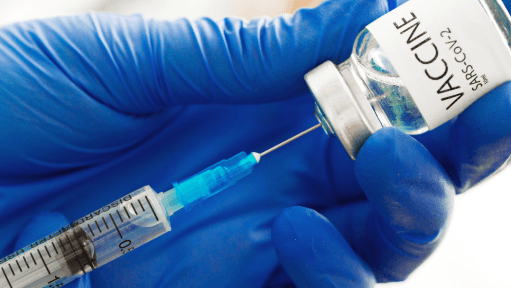
AstraZeneca Withdraws Covid-19 Vaccine Worldwide, Citing Decline in Demand
European Medicines Agency issues notice that the vaccine is no longer authorised for use
AstraZeneca has begun the worldwide withdrawal of its Covid-19 vaccine due to a “surplus of available updated vaccines” that target new variants of the virus.
The announcement follows the pharmaceutical company in March voluntarily withdrawing its European Union marketing authorisation, which is the approval to market a medicine in member states.
On May 7, the European Medicines Agency issued a notice that the vaccine is no longer authorised for use.
In a statement, AstraZeneca said the decision was made because there is now a variety of newer vaccines available that have been adapted to target Covid-19 variants.
This had led to a decline in demand for the AstraZeneca vaccine, which is no longer being manufactured or supplied.
“According to independent estimates, over 6.5 million lives were saved in the first year of use alone and over 3bn doses were supplied globally,” the statement said.
“Our efforts have been recognised by governments around the world and are widely regarded as being a critical component of ending the global pandemic. We will now work with regulators and our partners to align on a clear path forward to conclude this chapter and significant contribution to the Covid-19 pandemic.”
Other countries have already stopped supplying the vaccine. It has not been available for use in Australia since March 2023, though its use was already being phased out from June 2021 due to the widespread availability of newer vaccines.
AstraZeneca changed the name of its Covid vaccine to Vaxzevria in 2021. The vaccine was authorised for use in those aged 18 and older, delivered as two injections, usually into the muscle of the upper arm, about three month apart. It was also used by some countries as a booster shot.
Vaxzevria is made up of another virus of the adenovirus family modified to contain the gene for making a protein from SARS-CoV-2, the virus that causes Covid-19. The vaccine does not contain the virus itself and cannot cause the virus.
Although the vaccine was found to be safe and effective overall, it carried the risk of a rare but serious side-effect, known as thrombosis with thrombocytopenia, or TTS. The rare syndrome occurred in about two to three people per 100,000 who were vaccinated with the Vaxzevria vaccine.
The chair of epidemiology at Deakin University in Australia, Prof Catherine Bennett, said the vaccine had played a pivotal part in the worldwide fight against the virus, particularly in the early days of the pandemic when limited vaccines were available.
“It has saved millions of lives and that should not be forgotten,” she said.
“It was a really important part of the initial global response. However, it targeted the initial ancestral variants. We’ve now moved into a vaccine chain where we have products available that are chasing the variants that are emerging.
“There’s also a shift in the risk calculus as well, given populations are much more protected and, even though of course Covid still causes deaths, we are overall less vulnerable to the disease.”
The latest Covid-19 vaccine advice issued by the World Health Organisation in April advised that formulations of Covid-19 vaccines should target the JN.1 lineage of the virus, which is displacing existing XBB lineage variants.
For any enquiries or information, contact ask@tlr.ae or call us on +971 52 644 3004. Follow The Law Reporters on WhatsApp Channels.